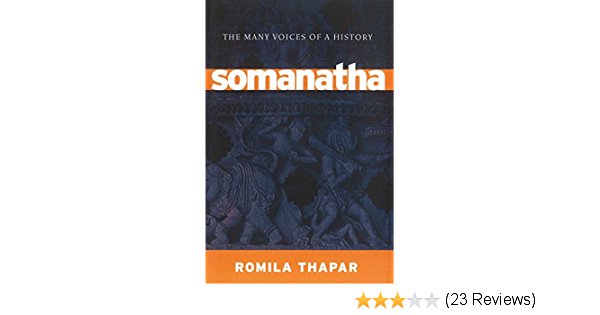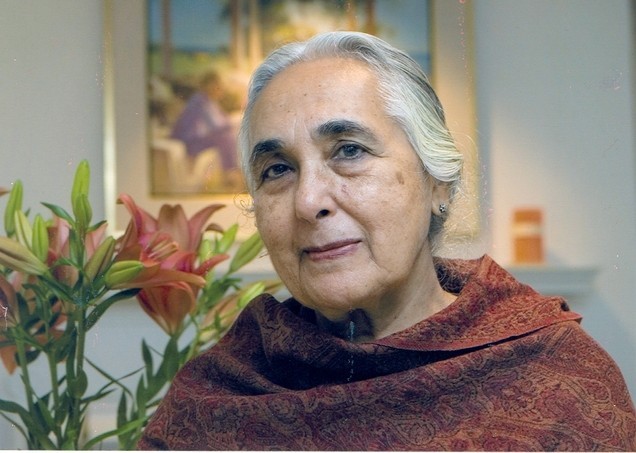I am cross-posting my book review of Romila Thapar’s Somanatha: The Many Voices of a History (Verso 2005). This review was originally published on The South Asian Idea in July 2014. I am re-posting it here because BP readers clearly have a deep interest in ancient “Indian” (or South Asian) history.
In 1026, Sultan Mahmud of Ghazni raided the Hindu temple of Somnath (located in the present-day Indian state of Gujarat). In retrospect, this event has had tremendous repercussions for contemporary South Asian history and is traditionally regarded as marking Hindu-Muslim animosity in the region from the outset. To this day, perceptions of Mahmud continue to be polarizing. While many Indians regard him as an iconoclastic invader bent upon loot and plunder, their counterparts in Pakistan view him as a conqueror who “established the standard of Islam on heathen land.” The Pakistani attitude is perhaps best exemplified by the fact that the country’s military has named the Ghaznavi missile in honor of Mahmud. However, despite this conventional understanding, modern historians are attempting to question the received wisdom surrounding Somnath.
One of the modern scholars attempting to arrive at a new understanding of Somnath is Romila Thapar, considered among India’s most eminent historians. In her book Somanatha: The Many Voices of a History (Verso 2005), Thapar argues that the dominant view that Mahmud’s raid caused great psychological trauma to the Hindu community is largely a colonial construction that gained prominence during the British Raj. She goes beyond the Turko-Persian histories favored by colonial historians to examine contemporaneous Sanskrit inscriptions, biographies of kings and merchants, and popular narratives. Studying these sources complicates the traditional view, posing important questions about how one version of the event became hegemonic.
Colonial historians divided Indian history into three periods: Hindu, Muslim, and British. Study of the “Hindu” period focused on Sanskrit sources while study of the “Muslim” period focused on Persian texts. According to Thapar, this classification scheme was illogical and led to a piecemeal history in which links and connections could not be made. It also discouraged comparative analysis of different sources and an examination of the contradictions and interconnections between them. In the case of Somnath, historians focused on the Persian sources to the exclusion of others, never inquiring why the event is seldom referenced in the Sanskrit temple inscriptions. In addition, the Persian texts were read at face value, discounting their internal contradictions. Various texts assigned Mahmud different motivations with some emphasizing his religious zeal and others focusing on his interest in plunder.
The dominance of the conventional view of Somnath can also be explained by the retrospective need to justify the 1947 Partition of British India into two nation-states: India and Pakistan. This was justified by claiming that, since the arrival of Islam, the Hindu and Muslim communities had been two distinct “nations” that were largely antagonistic to each other. In this view, the raid on Somnath became “a foundational event that created hostility between Hindus and Muslims since the raid could neither be forgiven nor forgotten” (Thapar 12). Post-independence, the conventional view of the event has become central to Hindutva politics. Thapar notes that the 1990 rath yatra that preceded the destruction of the Babri Masjid began at Somnath. The destruction of the mosque itself was seen as the Hindu reply to Mahmud’s iconoclasm. Thus, the received wisdom about Somnath served not only the aims of the British but continues to serve those of contemporary religious nationalism. Continue reading Revisiting Somnath–A Review


